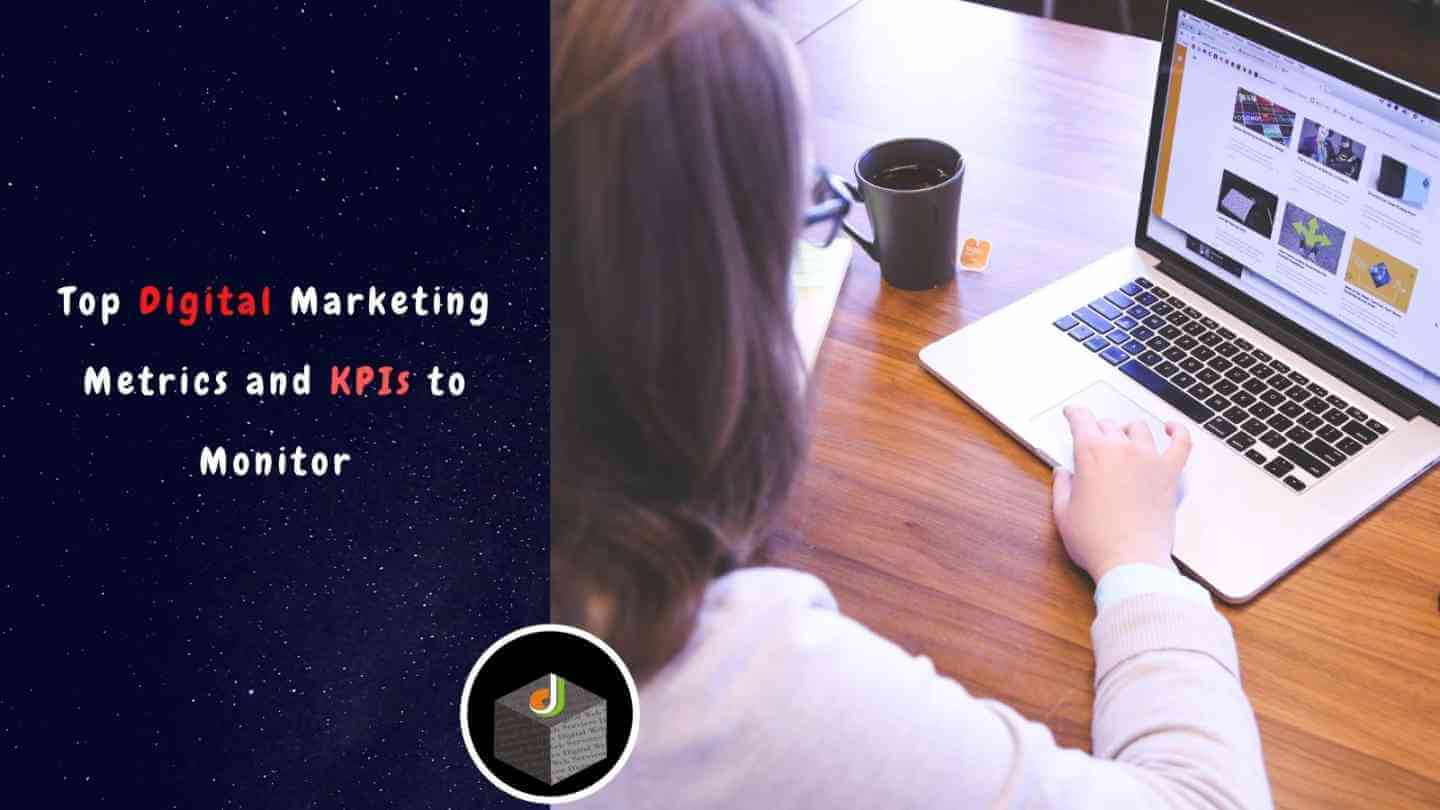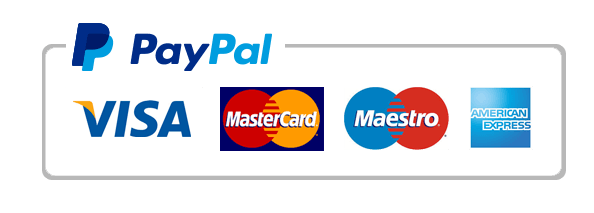
Your business needs robust digital marketing strategies to scale up and generate revenue. Some of the top digital marketing strategies that you can use are; social media marketing, email marketing, influencer marketing, PPC, programmatic advertising and many more.
Like other business processes, you need to monitor the campaigns to be sure that your brand is headed in the right direction. Without proper benchmarking, you may end up spending thousands of dollars on the wrong campaigns.
Here are the top five digital marketing campaign metrics and KPIs you should monitor to get the utmost ROI from the campaigns.
1. Web Traffic Sources
Web traffic sources metric will help you know which traffic sources drive the most visitors to your site. It will also compare each source to help you understand which platforms you should focus more on and which ones you should discontinue.
Concisely, there are four primary traffic sources, namely, referral, direct, and search. However, you may also get additional traffic from campaigns such as paid search and banner ads – campaign traffic. Let us shift gears and look at the definition of each type of traffic.
- Direct traffic: These are visitors who land on your website by typing its URL on the browser. It could also be traffic from an undefined channel.
- Referral traffic: Visitors access your website by clicking on a link posted on another website.
- Organic traffic: Visitors find your website by doing a search on Google using a keyword related to your niche on search engines.
- Campaign traffic: This is traffic from dedicated campaigns such as paid advertising.
Knowing the difference between the four types of traffic will help you make informed decisions. Each source can be analyzed further to offer more granular information about the target customers. For example, organic traffic can be analyzed based on specific service pages and their respective keywords.
Referral traffic can also be grouped into blog mentions, service listings, and social referrals. The reports will help you know which channel or strategy to invest more time and resources in to get better results.
2. Brand Awareness
Brand awareness metric will help you know how people get to know about your brand on search engines and social media platforms. In a nutshell, it will help you to know how your business is performing on branded search and social media platforms.
With online customers gravitating towards brands they are conversant with, it’s crucial to develop robust ways of boosting brand awareness and visibility.
Brand awareness metric focuses on factors such as;
Facebook Fans and Posts
Facebook is undoubtedly the largest social media network today. Brand awareness on this platform can be gauged by looking at the number of posts and fans that your page accrues within a given period. It also goes an extra step to show you which type of content the target audiences engage with most, as well as the ideal time to post.
Brand Mentions
As the name suggests, brand mentions refer to the number of times your business name is mentioned online. Tools such as Google Alert and Mention can help you to know how many times your brand name comes up in conversations on platforms such as social media, blogs and third-party websites.
Branded Search
Branded search is a metric that monitors the number of people who search for your brand on Google and other search engines. The visitors use your brand name or URL to find your website. High organic search traffic is an indicator that your SEO campaigns are working.
Twitter Followers
Twitter is another excellent social network used by thousands of brands to increase brand awareness. Tracking the number of followers you win will help you to know your audience taste and preferences. Like Facebook posts and fans, check out the Twitter analytics page for a detailed report of your Twitter page performance.
Note that every platform used to promote your brand is different, so don’t use the same techniques to gauge performance. It is also recommendable to track brand awareness alongside other vital metrics such as online conversion rate, first visit, and returning visitors.
3. Online Conversion rate Metric
The online conversion rate metric is a percentage of total website visitors who purchase your product or service. Every online business strives to increase conversion rate to safeguard its sustainability in the competitive world of business.
When doing digital marketing, you shouldn’t be contented with getting massive traffic from various sources. Look at the number of visitors who do business with you after visiting.
4. First Visit Metric
The first visit metric monitors how the target audiences find your site via social media, organic search, or referral. It also gauges the degree of engagement using two thresholds;
- Average time spent on the website
- Number of pages visited per session
Set goals for each threshold based on your digital marketing campaign and the nature of your business. Constantly monitoring it will help you to know which traffic sources result in high-quality traffic/leads.
Check this metric monthly as opposed to weekly or daily to have enough data for making decisions. Otherwise, sudden spikes on specific days can give you the wrong impression of a digital marketing campaign.
5. Returning Visitor Metric
Returning the Visitor metric will help you to know your website’s effectiveness in building an audience. The goal is to use digital marketing to get not only traffic but also sales. This metric will give you additional information, such as the average time a user spends on the site and the average number of pages browsed.
With this information, you can come up with rich content for the top-visited web pages. It will also pinpoint friction points in the sales funnel that could be discouraging the visitors from converting.
Other significant digital marketing metrics and KPIs are:
- Click-through rate
- Customer lifetime value
- Lead conversion rate
- Website traffic leads
- Cost per lead
Final Thoughts
Doing digital marketing without adequately measuring the results is equivalent to shooting in the dark and expecting to hit the target. Be different by using the above metrics and KPIs to know the performance of each campaign. Don’t shy away from conducting A/B tests to know which strategies best suit your business.
Digital Web Services (DWS) is a leading IT company specializing in Software Development, Web Application Development, Website Designing, and Digital Marketing. Here are providing all kinds of services and solutions for the digital transformation of any business and website.










